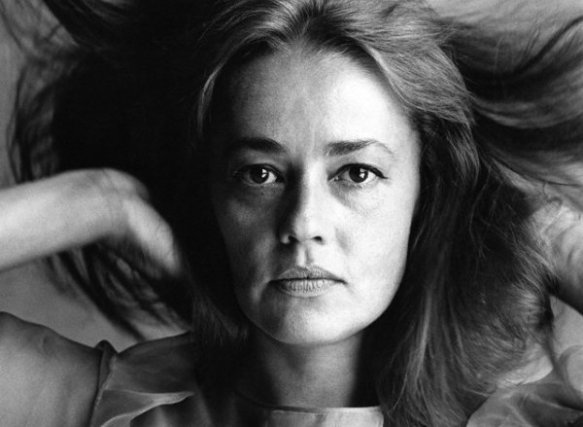
Jeanne Moreau and Marcello Mastroianni
In the French language, when a person dies they say that she or he disappeared. Elle a disparu (She disappeared.) The first time I heard that expression, I thought it meant that the person had gone missing.
La disparition de Jeanne Moreau headlined all the newspapers on the day she disappeared. Une flamme s’éteint is another poetic French expression for the passing of someone: a flame is extinguished. And yet another, elle a rendu l’âme: she gave up her soul.
This blog post is an homage to Moreau’s passing on July 31, 2017.

Tributes, accolades and homages poured in all day in France. The cultural TV channel, ARTE, showed two Moreau films back-to-back, the first one Le journal d’une femme de chambre, 1964, with Moreau and the great Michel Piccoli. I saw both actors, on separate occasions, during my ramblings around Paris. Jeanne Moreau in a restaurant in the 14th arrondissement; and Michel Piccoli who burst into a métro car one afternoon, clearly inebriated, before staggering in my direction to sit lopsidedly on the seat beside me. His leg touched mine. I squealed silently with delight.

Moreau brought to the screen a singular, inimitable verve, a petulance, and a shameless gaze. Her range was extraordinary and she illuminated such classics as Jules and Jim, The Lovers, Diary of a Chambermaid, and The Bride Wore Black.
My personal favorite is La Notte (The Night), a 1961 Italian drama in which she played alongside the impossibly gorgeous Marcello Mastroianni. There’s something dissolute, complex, sauve and sophisticated about that film.
In closing, watch this clip of Jeanne walking down the Champs-Elysées at night in Louis Malle’s 1958 film Les Amants with the Miles Davis soundtrack playing in the background. Pure French, pure Moreau, pure Davis. She was 30 years old.
